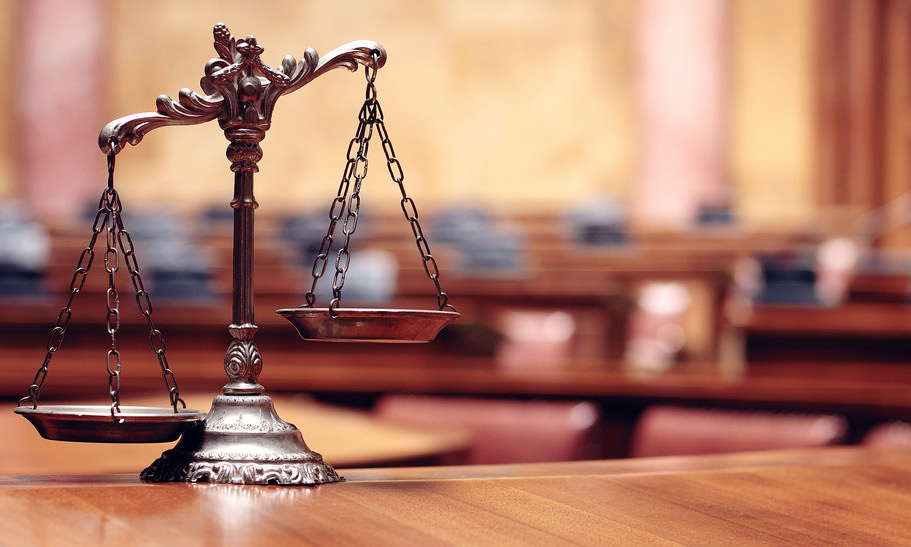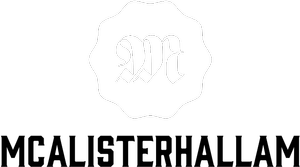Government Protection Law

Government protection law prohibits the disclosure of records pertaining to an individual from an agency’s system of records without that individual’s consent, except for certain statutory exceptions. It also allows individuals access to their records and the ability to request that these records be amended.
In the course of conducting their business, agencies keep hundreds of databases on individuals. These databases can be cross-referenced using computers.
Global Rights
Human rights are based on a common set of fundamental freedoms that all people and nations aspire to and are entitled to. The first step in achieving these freedoms is to create a legal framework that recognizes and protects them.
The international system for addressing human rights consists of several binding treaties and conventions. The most prominent is the European Convention on Human Rights and its European Court of Human Rights headquartered in Strasbourg, France. Other regional systems include the Organization of American States’ binding Inter-American Human Rights System, and the African Charter on Human and Peoples’ Rights.
The United States has a mixed record on global human rights policy. On the positive side, it has been an important catalyst in advancing civil and political rights around the world. However, its leaders have been inconsistent in their approach toward past abuses and current violations by strategic foreign allies such as Turkey’s President Recep Tayyip Erdoan and Saudi Arabia’s Crown Prince Mohammed bin Salman.
Protection International
Protection International is a human rights organisation that supports the work of human rights defenders. It provides them with training, knowledge and tools to defend their freedoms and promote democracy. The organisation also works to help communities resist development projects that threaten their sovereignty and territorial integrity, as well as the fight against corruption and the exercise of free expression.
Systematic information collection, particularly involving personal details, should only be conducted by organisations with the capacity and skills to do so, and with established protocols on the handling of such data. This will prevent unnecessary risk to those providing such information.
A lack of clarity about what constitutes protection activities has prompted the ICRC to develop a set of Professional Standards of Protection Work. This document is designed to improve the response capacity of humanitarian actors working in armed conflict situations. It also seeks to strengthen the ability of all participants to identify and address gaps in their professional capacities.
International Human Rights Organizations
International human rights laws recognize that every person has the right to life and liberty, freedom from slavery and torture, education, work and a fair trial. These rights are guaranteed by the Universal Declaration of Human Rights and its two Optional Protocols, and they must be respected by Governments.
FIDH operates based on interaction with its member organisations, merging on-the-ground experience and knowledge with expertise in international law and mechanisms of protection. The organisation works at national, regional and international levels to remedy human rights abuses and consolidate democratic processes.
The organization promotes a global vision of vibrant societies with accountable governments and the active participation of all people in society. It supports grassroots activists to protect the rights of minorities and vulnerable groups, and conducts research, advocacy and networking related to human rights issues. It also provides fellowships to young leaders through professional development programs at the ICRC and other institutions. It develops cross-cultural dialogues and educates its fellows on critical history and the implementation of international human rights standards.
Grass Roots Human Rights Activists
Grass root movements have been a major feature of human rights activism since the early 1900s. Significant examples include parts of the American Civil Rights Movement in the 1950s and 1960s, Brazil’s land equity movement in the 1970s, the Chinese rural democracy movement in the 1980s, and more recently the German peace lobby and the global green movement.
Frontline defenders like Frank Muramuzi, executive director of Namati’s COVID-19 Grassroots Justice Fund, are empowering communities to stand up for their rights against resource abuse and climate change. They are forming protective networks and providing critical legal support to each other in Kilifi County and beyond, including for those facing intimidation, threats, and violence from local authorities and police. Helena Maleno, head of Caminando Fronteras, is saving lives on both sides of the Mediterranean Sea as she investigates abuses by people traffickers and works to protect refugees from persecution. She is a daughter of Berta Caceres, the tireless indigenous rights and environmental activist murdered in Honduras for her work.
